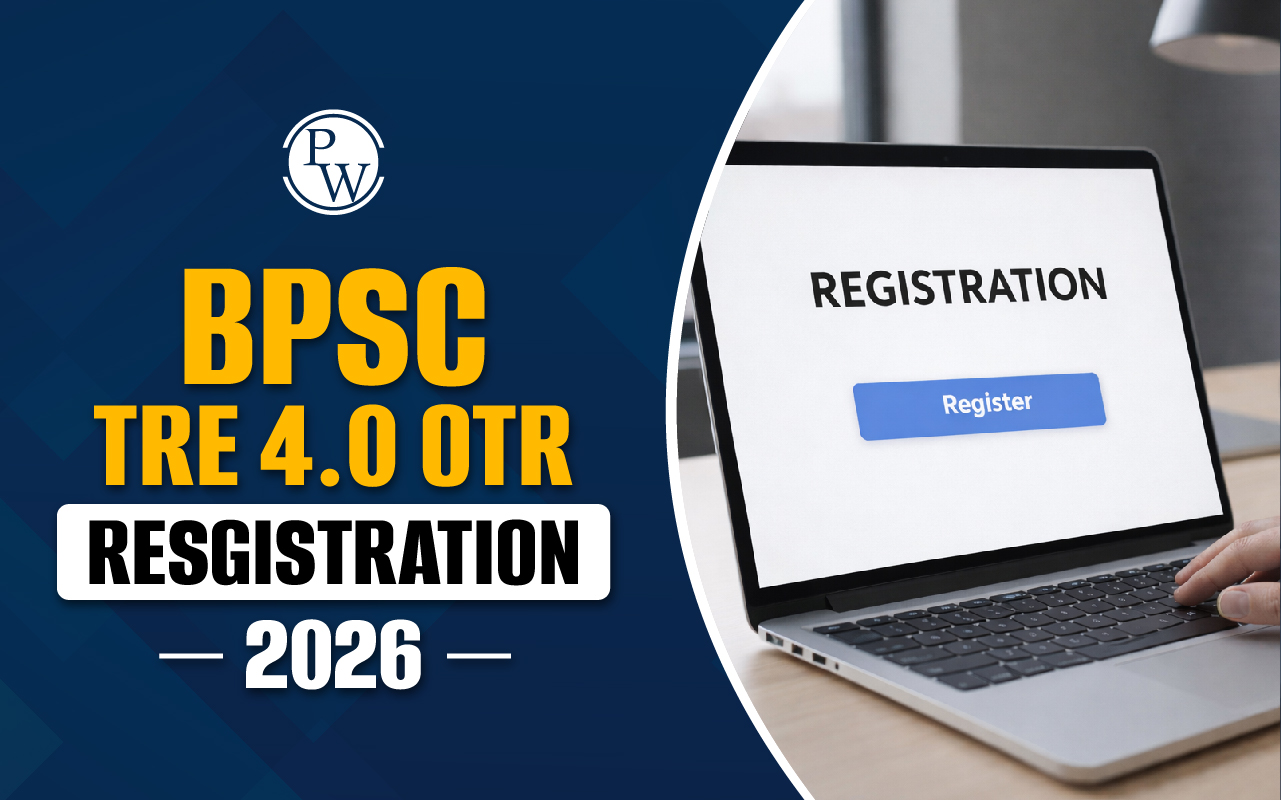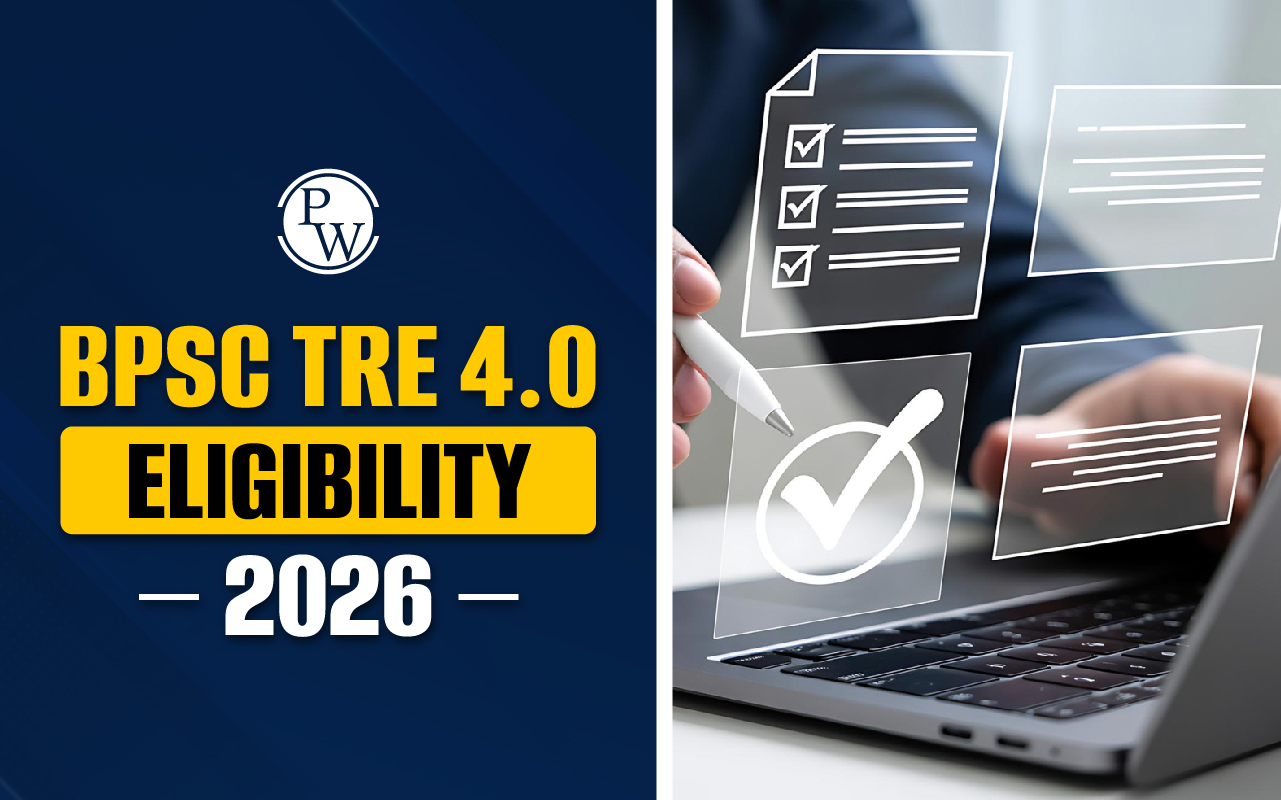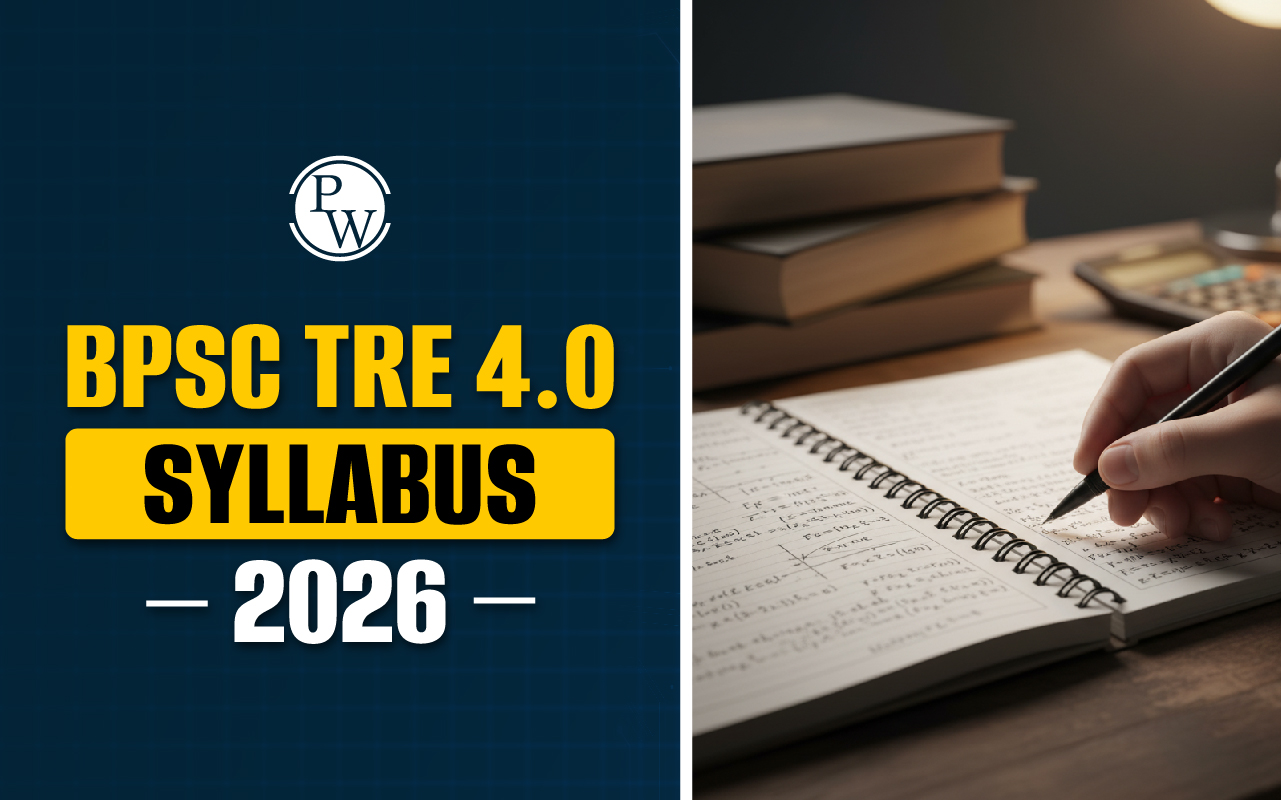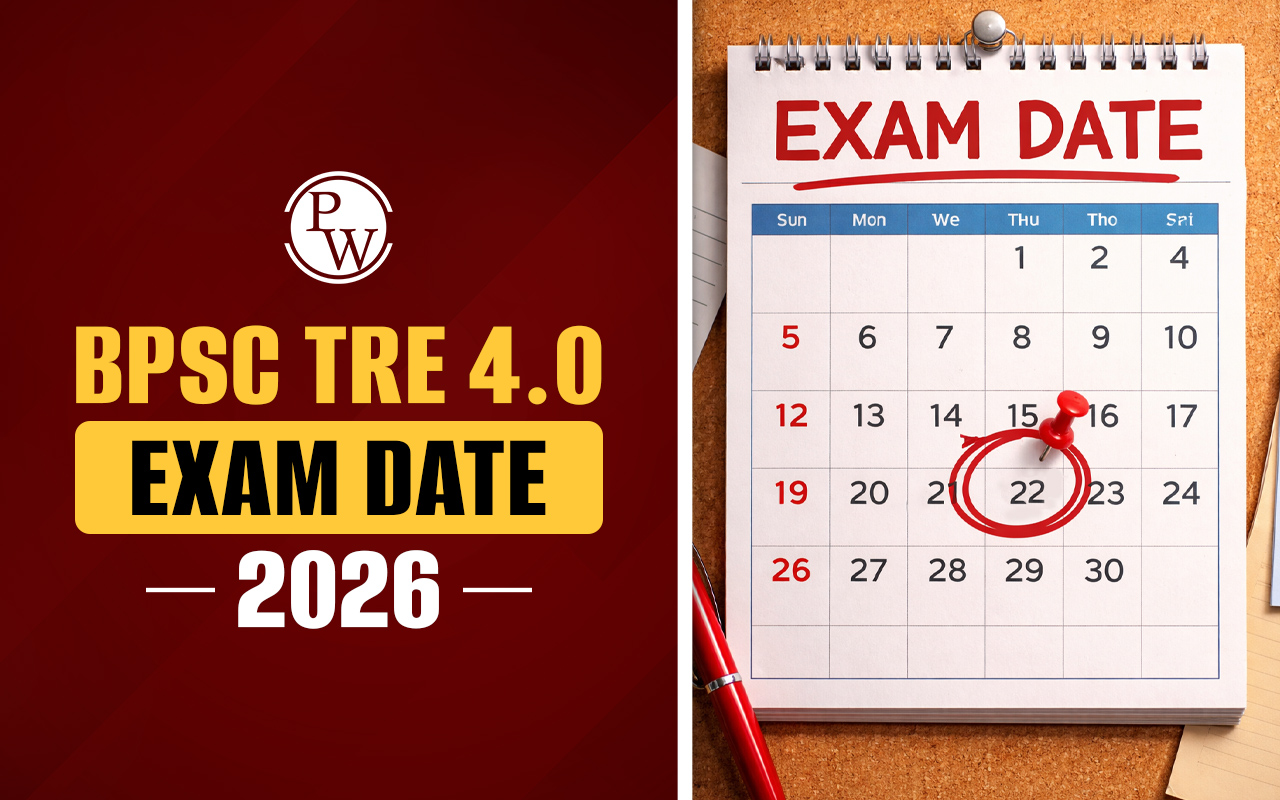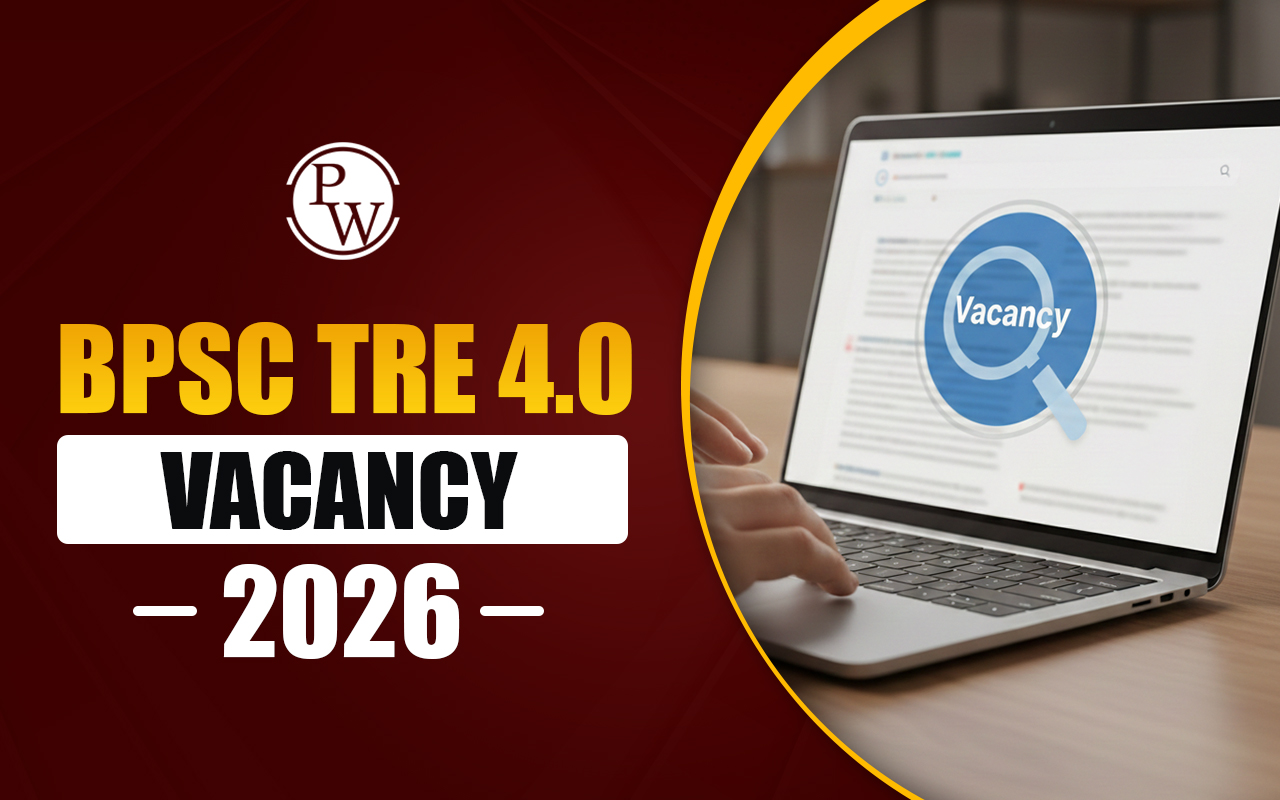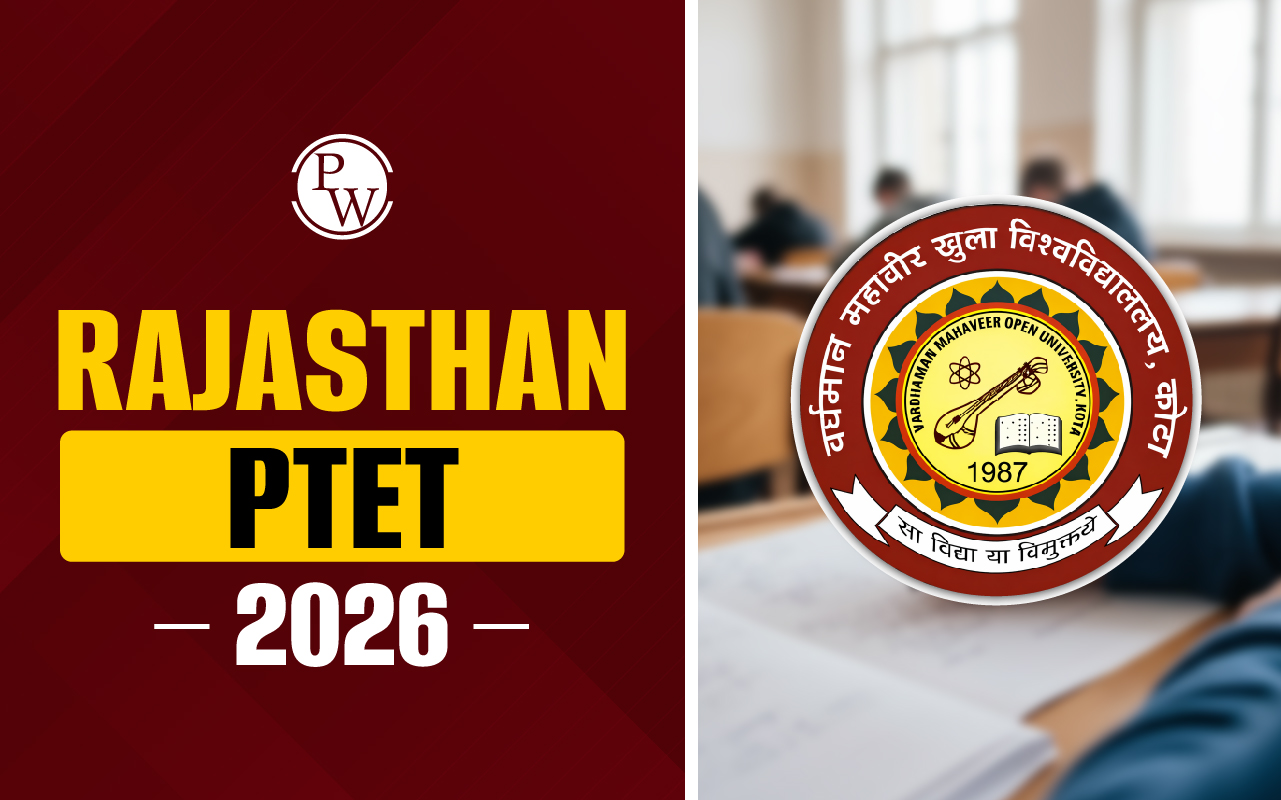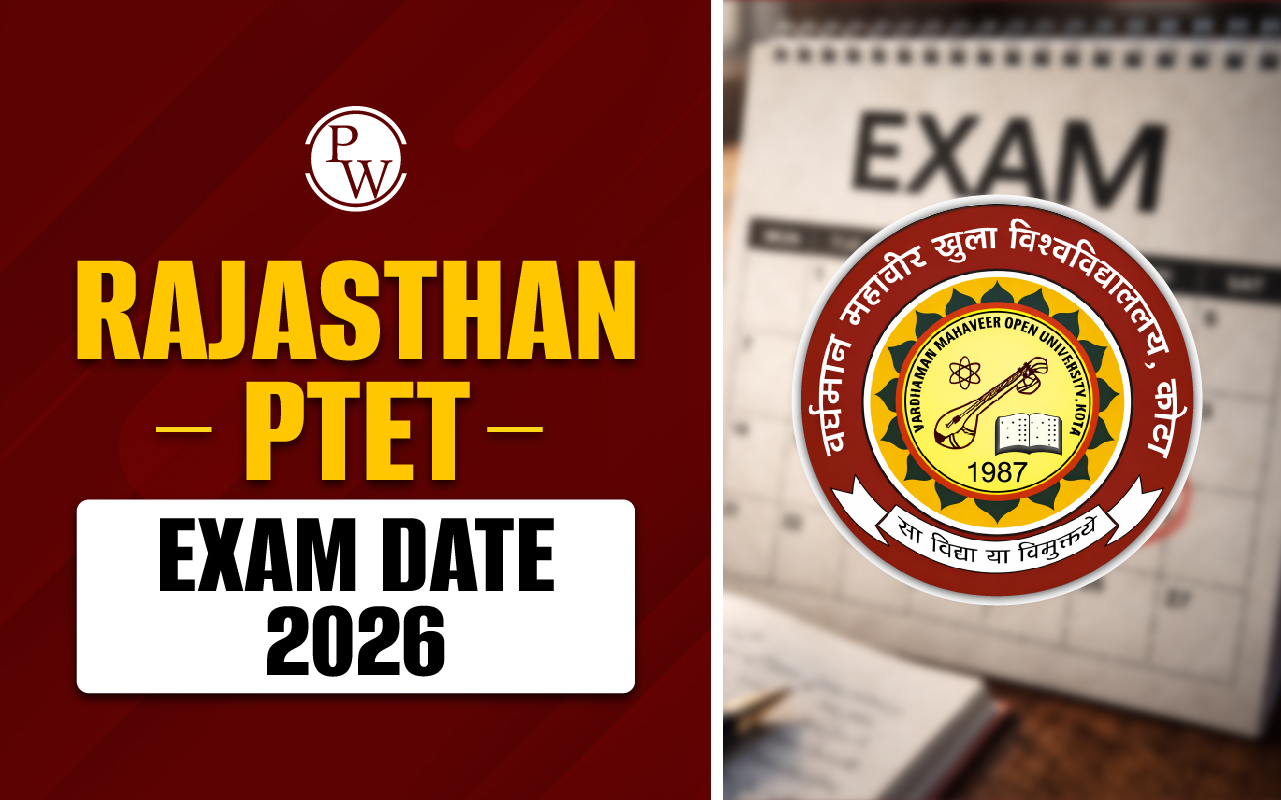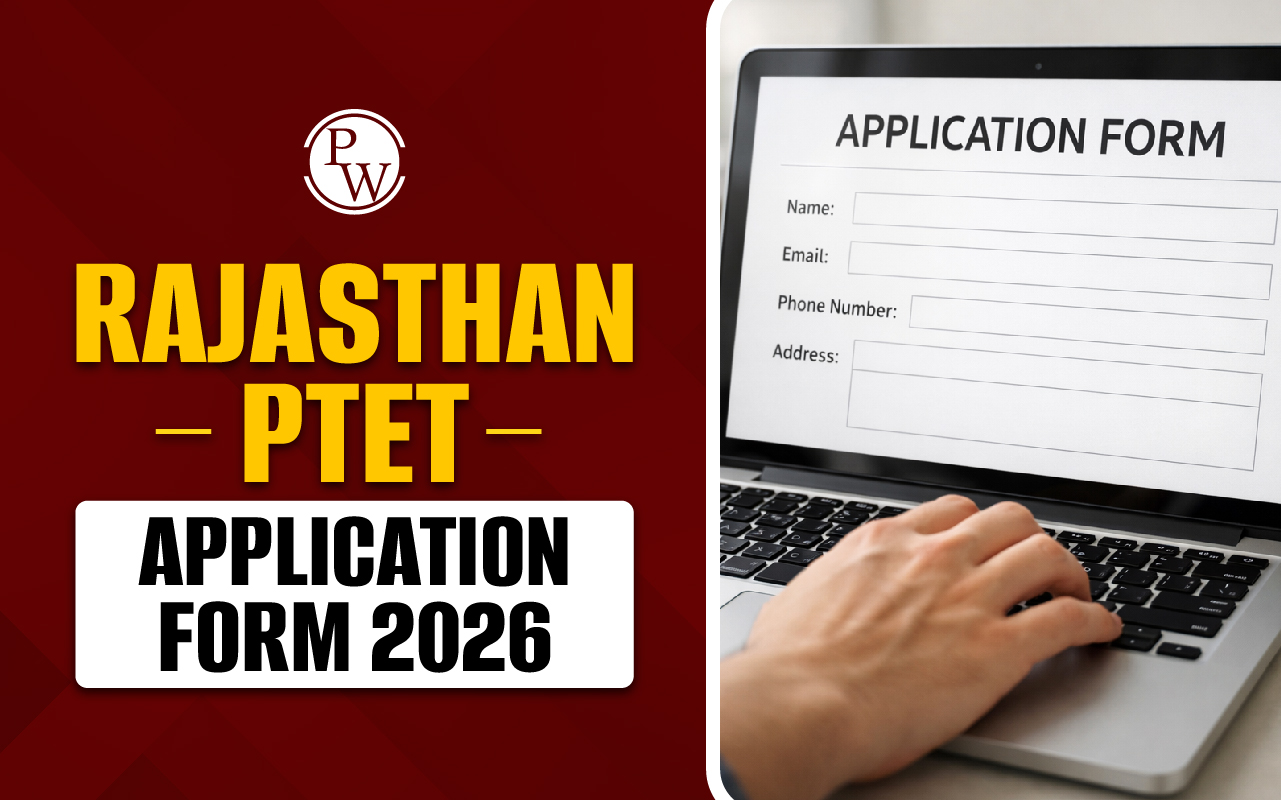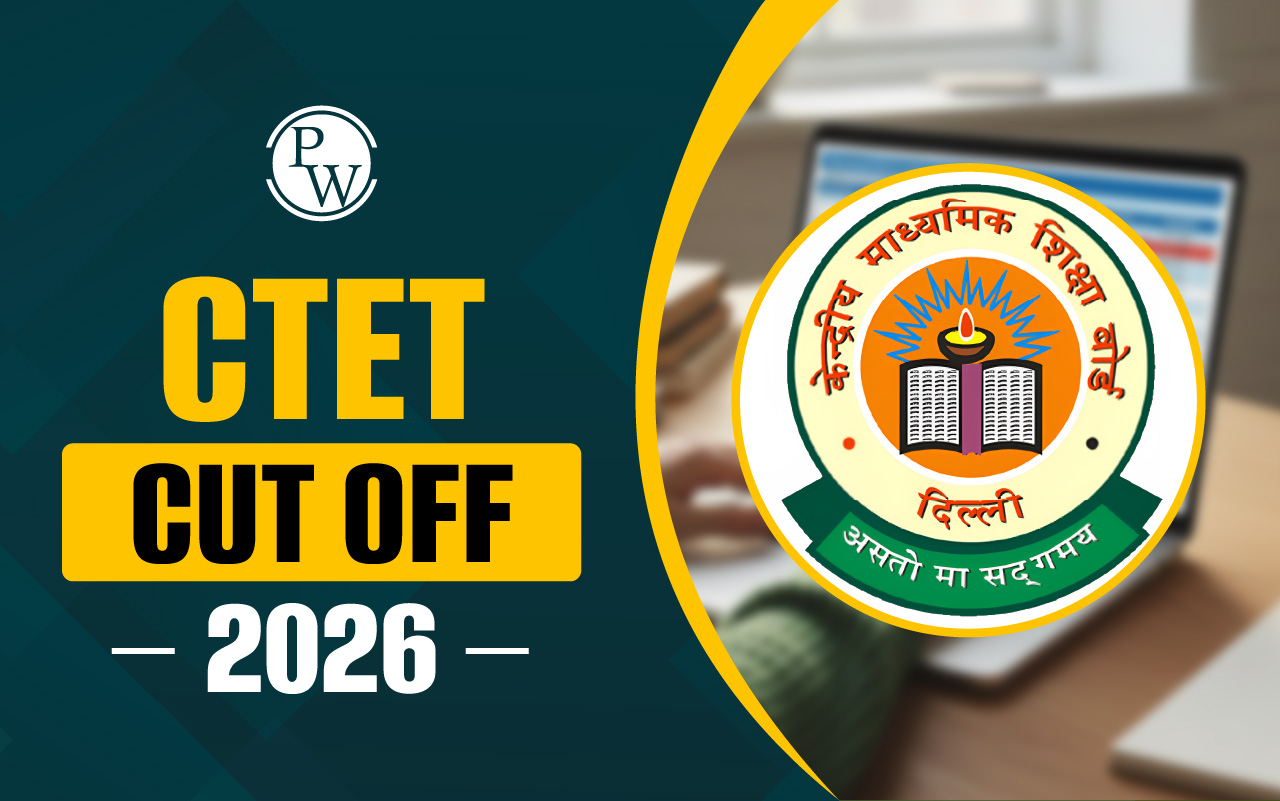
WBSSC SLST Hindi Syllabus 2025: The WBSSC SLST Hindi Syllabus 2025 outlines the key topics and subject matters that will be evaluated, allowing aspirants to prioritize their study efforts. The syllabus encompasses a wide range, including grammar, comprehension, and literary knowledge, making it essential for aspirants to plan their preparation strategically. Through study and proper implementation of the official syllabus, candidates can identify essential topics, plan their studies, and have a better chance of passing the exam. It is advised to download the PDF of the official syllabus as it has been released along with the WBSSC SLST Notification 2025.
WBSSC SLST Exam 2025 will be held on two dates: 7th September 2025 for Classes 9 and 10, and 14th September 2025 for Classes 11 and 12. Both exams will be conducted offline in a single shift from 12 noon to 1:30 pm. The exam is for recruiting Assistant Teachers for Secondary and Higher Secondary schools in West Bengal. The application deadline was 21st July 2025, and the exam schedule was officially announced on 24th July 2025
WBSSC SLST Hindi Syllabus 2025 Overview
WBSSC SLST Hindi Syllabus 2025 is an essential guide for candidates preparing for the WBSSC Assistant Teacher Recruitment 2025 exam. It provides a detailed breakdown of the topics to be covered in the exam. Below is an overview of the key details related to the WBSSC SLST Hindi Syllabus 2025:
| WBSSC SLST Hindi Syllabus 2025 Overview | |
| Exam Conducting Authority | West Bengal Central School Service Commission (WBSSC) |
| Post Name | Assistant Teacher |
| Total Posts | 35,726 Vacancies |
| Exam Date | 7th and 14th September, 2025 |
| Classes | Class 9th to 10thClass 11th to 12th |
| WBSSC SLST Exam Date 2025 | 1st Week of September (Expected) |
| Selection Process |
|
| Official Website Link | https://www.westbengalssc.com/ |
WBSSC SLST Hindi Syllabus PDF
To download the WBSSC SLST Hindi Syllabus PDF 2025, simply click the direct link below. The Hindi syllabus is designed to provide a comprehensive understanding of Hindi literature, its history, and its various forms. The curriculum encompasses the evolution of Hindi literature from ancient to modern times, with a focus on the social and cultural contexts of various periods. It includes an in-depth study of major poets and their works, emphasizing critical analysis and thematic exploration. This comprehensive syllabus is essential for exam preparation and ensures you cover all required topics.
WBSSC SLST Hindi Syllabus
The Hindi syllabus for WBSSC Assistant Teacher Recruitment 2025 includes a range of language skills and grammar topics designed to assess candidates’ proficiency.
WBSSC SLST Hindi syllabus addresses the development of the Hindi language, its dialects, and the distinction between standard, official, and contact languages.
Students engage with medieval poetry, analyzing the literary, social and cultural significance of prominent poets and their compositions. The modern literature section highlights key writers and their influential works, fostering analytical and comparative skills.
The syllabus further explores the contributions of notable prose writers, dramatists, and essayists, along with an introduction to Hindi grammar, including syntax, semantics, and translation techniques. This holistic approach ensures that students not only gain literary appreciation but also develop linguistic proficiency and critical thinking abilities.
Candidates are encouraged to download the official syllabus PDF from the official website and keep it handy during their preparation as the official syllabus has been released along with the WBSSC SLST Notification 2025.
WBSSC SLST Hindi Syllabus 2025 (Topic Wise)
The WBSSC SLST Hindi Syllabus 2025 covers a wide range of topics in Hindi that are essential for the exam. These topics are divided into several sections, including both language and literature. Below is a detailed breakdown of the key topics included in the syllabus:
|
WBSSC SLST Hindi Syllabus 2025 (Topic Wise) |
|
|
Topic Area |
Syllabus Components |
|
Hindi Literature History |
Study of periods: Ancient, Bhakti, Riti, Modern; social-cultural context; major poets and works |
|
Medieval Poetry |
Literary, social, cultural analysis; poets like Kabir, Surdas, Tulsidas, Bihari, etc. |
|
Modern Literature |
Analysis of works by key writers; focus on poetry, prose, drama, essays |
|
Criticism |
Introduction to literary criticism and major critics |
|
Prose Writers |
Study of prose by Premchand, Jainendra, Agyeya, Mohan Rakesh, etc. |
|
Dramatists & Essayists |
Works of Jaishankar Prasad, Mohan Rakesh, Rangeya Raghav, Bhisham Sahni, etc. |
|
Grammar |
Syntax, semantics, word classes, sentence structure, idioms, translation, etc. |
WBSSC SLST Hindi Exam Pattern 2025
WBSSSC SLST Hindi Exam Pattern 2025 consists of a written exam followed by evaluation of academic qualification, teaching experience, an oral interview, and a lecture demonstration. The written exam is conducted offline (OMR-based), comprising 60 multiple-choice questions (MCQs), each carrying 1 mark, to be completed in 1 hour. There is no negative marking.
| WBSSC SLST Hindi Exam Pattern 2025 | |
| Mode | OMR-based, Offline |
| Number of Questions | 60 MCQs |
| Marks per Question | 1 |
| Total Marks | 60 Marks |
| Duration | 1 Hour |
| Negative Marking | No negative marking |
WBSSC SLST Marking Scheme
There are multiple stages in the WBSSC SLST Selection Process. It features a Written Test, Academic Qualification, Teaching Experience, Oral Interview, and Lecture Demonstration.
| WBSSC SLST Marking Scheme | |
| Stage | Maximum Marks |
| Written Exam (OMR-based) | 60 Marks |
| Academic Qualification | 10 Marks |
| Teaching Experience | 10 Marks |
| Oral Interview | 10 Marks |
| Lecture Demonstration | 10 Marks |
| Total | 100 Marks |
WBSSC SLST 2025 Exam Preparation Tips
To prepare well for the WBSSC SLST Hindi exam, it's important to have a solid study schedule and remain motivated. Below are some easy and realistic tips to assist your preparation:
-
Start by thoroughly reading the WBSSC SLST Hindi syllabus. This will make it easier for you to know the key areas and avoid wasting time on minor areas.
-
Give prominence to important topics since these are of high weightage in the exam.
-
Practice a lot of practice questions and past years' papers. This will make you familiar with the exam pattern and help improve your speed and accuracy.
-
Regular revision is the secret to keeping concepts in mind. Set aside time every week to go over the material you've covered to keep your mind fresh.
By following these tips, you will prepare effectively and feel confident for the exam.
WBSSC SLST Hindi Syllabus 2025 FAQs
What are the primary components of the WBSSC SLST Hindi syllabus?
Is there any negative marking in the WBSSC SLST Hindi exam?
Has the WBSSC SLST Hindi Syllabus been released officially?
What is the WBSSC Assistant Teacher Examination?

